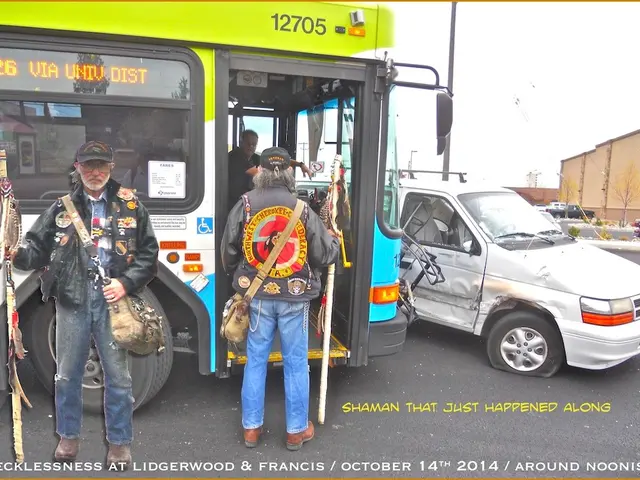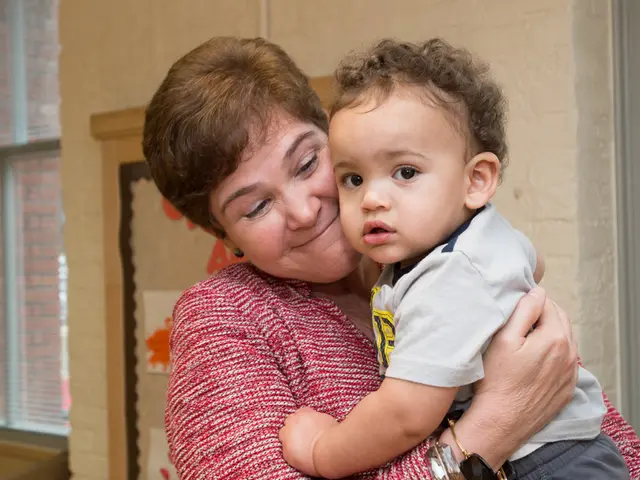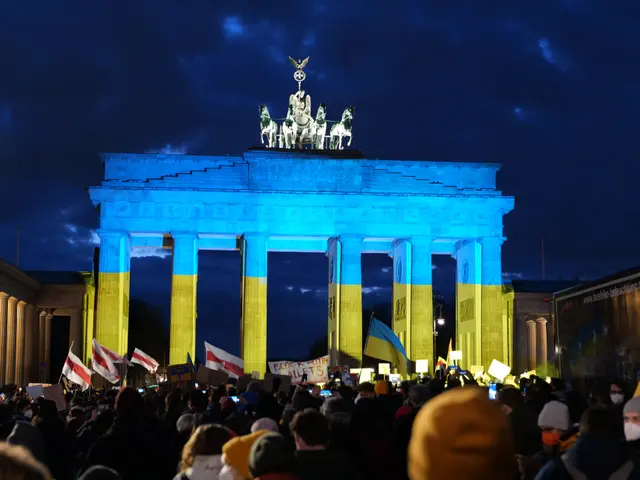Experts from the police force discuss possibilities for changing the structure of UN climate negotiations.
The United Nations climate talks, known as COPs (Conferences of the Parties), are undergoing calls for reform to accelerate emissions cuts, tackle fossil fuels, and raise climate funds for developing countries. Critics claim that the current process is too slow and ineffective, but many believe it remains one of the most successful multilateral endeavours in recent history.
Key proposed reforms include shifting COPs into a "post-negotiation" phase, focusing on actionable plans rather than prolonged debates. This would ensure faster implementation of emissions cuts and updated national climate commitments (NDCs). Accountability and enforcement of emissions reduction pledges would be enhanced, with clearer mechanisms to address countries that delay or fail to submit updated NDCs on time.
Phasing out fossil fuel subsidies and imposing levies or carbon taxes on fossil fuels internationally is another proposed reform. This coordinated cooperation between countries could raise tens of billions annually, funding climate mitigation and adaptation in developing countries.
Reforming climate finance frameworks is also crucial. The aim is to scale up public funds, especially grant-based, concessional finance targeted to developing countries most vulnerable to climate impacts. This includes leveraging private and philanthropic investments and reforming multilateral development banks to finance energy transitions by buying existing private-sector loans.
Ending harmful fossil fuel subsidies in developed countries and introducing new polluter-pays levies could create sustainable and substantial financial flows. Improving the governance and decision-making process within COP negotiations is also on the table, with some suggesting exploring majority voting rather than consensus to overcome blockades by petrostates or other actors resisting fossil fuel phaseout measures.
The role and leadership of the COP presidency could also be reformed to focus more on driving swift action and practical implementation. This includes urgent responses to the multilateralism crisis and escalating climate hazards.
Influential figures in climate politics and civil society groups have called for an "urgent overhaul" of the COPs. They believe the process must change, streamline negotiations, review consensus rules, ban fossil-fuel lobbyists from influencing texts, centre the voices of Indigenous peoples, frontline communities, and civil society, and scale up public climate finance to enable a just transition and real support for adaptation and addressing loss and damage.
The Brazilian COP30 presidency has acknowledged the "growing calls for change" and asked parties to "reflect on the future of the process itself." The UN climate talks could showcase a handful of large-scale renewable energy projects in their own countries, backed by concrete financing, to bridge the gap between what is agreed at COPs and what is happening on the ground.
These reforms aim to resolve the current dissatisfaction with COPs, aligning the talks more closely with the urgent need to stay within the Paris Agreement’s 1.5°C limit, ensuring just support for vulnerable developing countries, and moving decisively to phase out fossil fuels.
Read also:
- Federal Funding Supports Increase in Family Medicine Residency Program, Focusing on Rural Health Developments
- Potential Role of DHA in Shielding the Brain from Saturated Fats?
- Alternative Gentle Retinoid: Exploring Bakuchiol Salicylate for Sensitive Skin
- Hanoi initiates a trial program for rabies control, along with efforts to facilitate the transition from the dog and cat meat trade industry.







